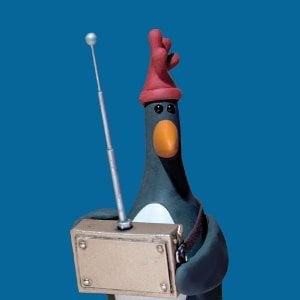I often hear, “You should never cheap out on a good office chair, shoes, underpants, backpack etc…” but what are some items that you would feel OK to cheap out on?
This can by anything from items such as: expensive clothing brands to general groceries.


Not sure if this applies to the US but for most things you buy from a supermarket the generic supermarket brand is usually just as good or even better than the big brands. And it’s usually much cheaper.
In some cases it’s actually the same product made by a big brand. They might be losing money (or just not making as much profit), but it denies profit to the competitors, so it’s still considered a win.
To counter this I used to visit some factories for a big contract manufacturer in the UK. They would often make say lasagne for the supermarkets and for the “premium” brands. Whilst they were all made in the same place, the “premium” brands products had much better quality ingredients in them and different ratios of the good stuff (say meat) to filler (say pasta sheets).
For some things it’s the exact same materials, but for many it’s different. You have to do blind taste tests to see which ones you prefer.
You’re conflating copackers with brands.
Store brands will go to the same copackers, truth. But the copacker will not just make a premium brand product for a store brand at a lower cost. It will be a recipe made to a taste/price spec. Maybe all the ingredients are sourced from the same place, but the recipe will be different.
What can be nearly identical are branding tiers. Large companies like Unilever, Johnson & Johnson, Procter & Gamble etc will sometimes have multiple “competing” brands in the same market, all made in the same factory.
I have certain things I don’t buy the generic for, such as Mac & Cheese and crescent rolls (one because the sauce is unmatched by off-brand and the other because the cans are impossible to open) but this is generally good advice
Kroger’s “private selection” brand is legitimately unbelievably good in every category! Their chocolate is better than Lindt. Their bread is simply the best! Their jerky is effing amazing and with options I’ve never even heard of from other brands! The tea is pretty good, though I have actually had better. The ice cream bro!
From my experience, most of the time they’re healthier too!
A lot of store-brand products either don’t use as much sugar, or salt or saturated fats then their big brand counter parts.
Often it’s literally the same thing. In Europe there is a code in every product that’ll show you where it’s produced. You’ll often find that the cheap brand comes from the same factory as the expensive brand. They just get different packaging.
In the US, most of the food is made in the same factories because they’re regional, then the name brands might get to pick the freshest batch, but often it’s the exact same stuff just in different boxes.